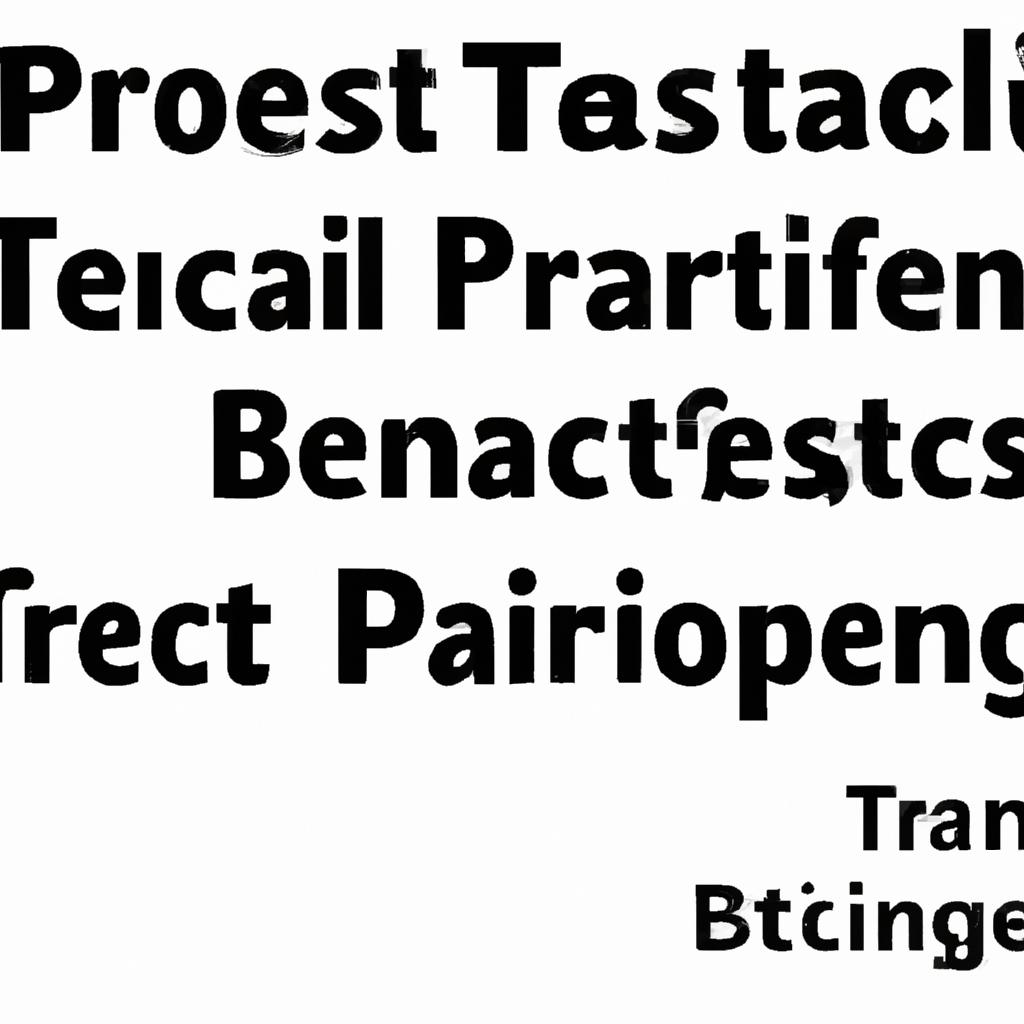Estate planning trusts are a fundamental tool in the realm of estate planning, offering individuals the ability to protect and manage their assets both during their lifetime and beyond. As seasoned legal practitioners at Morgan Legal Group in New York City, we specialize in guiding clients through the complexities of creating and implementing trust arrangements tailored to their unique needs and goals. In this article, we will delve into the intricacies of estate planning trusts, exploring their various forms, functions, and benefits in safeguarding assets and ensuring a legacy that endures for generations to come.
Understanding the Purpose of Estate Planning Trusts
The purpose of estate planning trusts is to ensure that your assets are managed and distributed according to your wishes after you pass away. Trusts can be a powerful tool in estate planning as they provide a way to avoid probate, minimize estate taxes, and maintain privacy for your beneficiaries. By establishing a trust, you can also protect your assets from creditors and ensure that they are used for the benefit of your loved ones.
There are various types of trusts that serve different purposes, including revocable trusts, irrevocable trusts, and special needs trusts. Each type of trust has its own benefits and considerations, so it is important to work with an experienced estate planning attorney to determine which trust is right for your situation. By creating a comprehensive estate plan that includes trusts, you can have peace of mind knowing that your assets will be protected and distributed according to your wishes.

Key Components and Benefits of Establishing Trusts in Estate Planning
Trusts are vital components of estate planning that allow individuals to protect their assets and ensure that their wishes are carried out after they pass away. By establishing a trust, individuals can designate beneficiaries, specify how and when their assets will be distributed, and minimize estate taxes. Trusts also provide privacy and avoid the lengthy and costly probate process.
Some key benefits of establishing trusts in estate planning include:
- Asset protection: Trusts can shield assets from creditors and lawsuits, ensuring that beneficiaries receive their inheritance.
- Control over distribution: Individuals can dictate how and when their assets are distributed to beneficiaries, providing flexibility and ensuring assets are used wisely.
- Minimize estate taxes: Trusts can help reduce estate taxes, allowing individuals to pass on more of their wealth to their loved ones.

Factors to Consider When Choosing the Right Trust for Your Estate Plan
When considering the right trust for your estate plan, there are several factors to take into account to ensure that your wishes are carried out effectively. One important factor is the type of trust that best suits your needs. There are various types of trusts available, such as revocable trusts, irrevocable trusts, and testamentary trusts, each with its own advantages and implications. Additionally, you should consider the following factors:
- Trustee: Selecting a trustworthy and responsible trustee is crucial to the success of your trust.
- Beneficiaries: Clearly identifying your beneficiaries and their respective shares is essential for avoiding potential conflicts.
- Asset Protection: Some trusts offer asset protection benefits that can safeguard your assets from creditors and other threats.
- Tax Implications: Understanding the tax implications of different trust structures can help you minimize estate taxes and maximize the benefits for your beneficiaries.
| Trust Type | Advantages |
| Revocable Trust | Flexibility to make changes during your lifetime |
| Irrevocable Trust | Offers asset protection benefits |
| Testamentary Trust | Created under a will, becomes effective upon death |

Best Practices for Maintaining and Updating Trusts to Ensure Effectiveness
In the realm of estate planning, trusts play a crucial role in ensuring the smooth transfer of assets to intended beneficiaries. However, simply creating a trust is not enough to guarantee its effectiveness over time. It is essential to regularly maintain and update trusts to adapt to changing circumstances and laws. Here are some best practices to consider:
- Regular Review: Schedule periodic reviews of your trust to ensure it still aligns with your wishes and goals.
- Communication: Keep beneficiaries informed about the trust and any changes that may affect them.
- Professional Guidance: Consult with an experienced estate planning attorney to ensure your trust is up-to-date and complies with current laws.
Moreover, staying organized with trust documents and maintaining accurate records can help prevent disputes and confusion down the line. By taking proactive steps to maintain and update your trust, you can ensure its effectiveness in achieving your legacy goals and protecting your assets for future generations. Trusts are powerful legal tools that, when properly maintained, can provide peace of mind and financial security for you and your loved ones.
Q&A
Q: What is estate planning?
A: Estate planning is the process of organizing and preparing for the transfer of your assets and wealth to your loved ones or chosen beneficiaries after you pass away.
Q: What are trusts in estate planning?
A: Trusts are legal agreements that allow a third party, known as a trustee, to hold assets on behalf of a beneficiary or beneficiaries. Trusts can be used to protect assets, control how they are distributed, and minimize tax liabilities.
Q: Are there different types of trusts?
A: Yes, there are various types of trusts, including revocable trusts, irrevocable trusts, living trusts, and charitable trusts. Each type of trust has its own benefits and can be customized to fit individual needs and goals.
Q: What are the benefits of incorporating trusts into estate planning?
A: Trusts can help to avoid probate, provide privacy, protect assets from creditors, and ensure that assets are managed and distributed according to your wishes. Additionally, trusts can help to minimize estate taxes and preserve wealth for future generations.
Q: How can someone get started with estate planning and trusts?
A: It is recommended to consult with an experienced estate planning attorney who can help you understand the various options available and create a personalized plan that meets your financial goals and objectives. Working with a professional can help ensure that your assets are protected and distributed in the most efficient and effective way possible.
The Way Forward
In conclusion, estate planning trusts can be a vital tool in ensuring that your assets are protected and distributed according to your wishes. By establishing a trust, you can provide for your loved ones, minimize estate taxes, and avoid probate court. It’s never too early to start thinking about the future and creating a plan for your legacy. Consulting with an estate planning attorney can help you navigate the complexities of setting up a trust and ensure that your intentions are carried out effectively. Remember, a well-crafted trust can bring peace of mind and security to you and your family for years to come.

